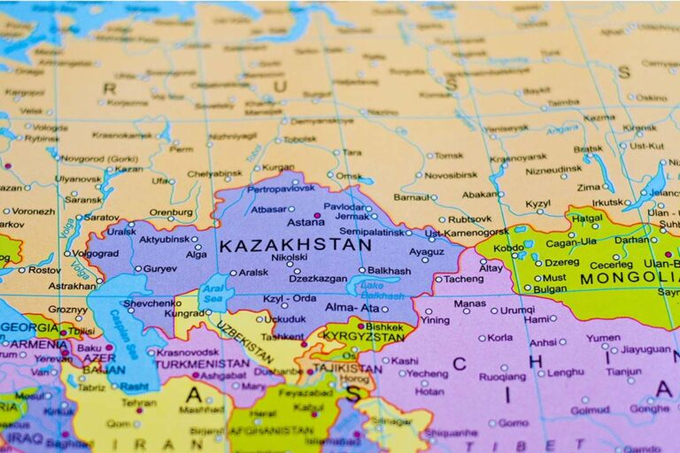May 16, 2025 | 10:35 GMT +7
May 16, 2025 | 10:35 GMT +7
Hotline: 0913.378.918
May 16, 2025 | 10:35 GMT +7
Hotline: 0913.378.918

"China is very promising for Kazakh businesses, though it is difficult to compete in this market," says Kairat Maishev, president of the Kazakh union of egg manufacturers. Photo: Canva
In the long run, the move is expected to boost Kazakh poultry production, though, in the short term, the country is braced for a possible shortage in the domestic market owing to continuing turbulence in neighbouring Russia.
Kazakhstan has already entered into negotiations with China about the veterinary requirements farmers must comply with to begin exporting poultry products.
“China is very promising for Kazakh businesses, though it is difficult to compete in this market. For Kazakhstan, this [opening of the Chinese market] means creating new jobs and increasing production volume. This is a good development. But we need to take this seriously and work out all the details,” commented Kairat Maishev, president of the Kazakh union of egg manufacturers.
Ruslan Sharipov, the president of the Kazakh Union of Poultry Manufacturers, however, warned against being too upbeat about export prospects. He stressed that it would take time to negotiate all technical details with China.
In the short term, Kazakh customers must be ready for a temporary shortage of poultry products, Arman Shakaliev, Kazakh Trade and Integration minister said during a press conference last month January. The country imports 13% of poultry from Russia, where the broiler meat and eggs market has been in turbulence for the past few months, and occasionally, some products have disappeared from grocery shelves.
“Of course, everyone knows that our northern neighbour experiences certain difficulties. Basically, the prerequisites [for the shortage] are related to the fact that poultry meat comes from Russia,” Shakaliev stated.
Besides, Russian authorities have previously banned the transit of US poultry through its territory, citing bird flu fears. The step could also impact the Kazakh market, where US broiler meat meets a substantial share of the demand.
On the other hand, the Kazakh poultry producers in the previous years urged the authorities to restrict imports to give them a chance to scale up operations. “Our meat producers have been asking [the government] to close the market to imports for several years now. They say they are ready to replace it. That is, we do not see any physical prerequisites [for the shortage]. Our farmers insist they are ready to substitute this volume,” the Minister noted.
(PW)

(VAN) Fourth most important food crop in peril as Latin America and Caribbean suffer from slow-onset climate disaster.

(VAN) Shifting market dynamics and the noise around new legislation has propelled Trouw Nutrition’s research around early life nutrition in poultry. Today, it continues to be a key area of research.

(VAN) India is concerned about its food security and the livelihoods of its farmers if more US food imports are allowed.

(VAN) FAO's Director-General emphasises the need to work together to transform agrifood systems.

(VAN) Europe is facing its worst outbreak of foot-and-mouth since the start of the century.

(VAN) The central authorities, in early April, released a 10-year plan for rural vitalization.

(VAN) Viterra marked a significant milestone in its carbon measurement program in Argentina, called Ígaris, reaching 1 million soybean hectares measured.